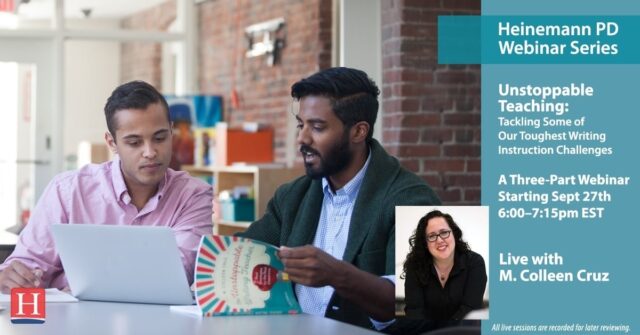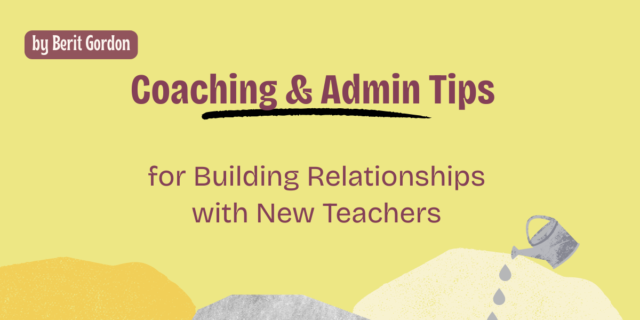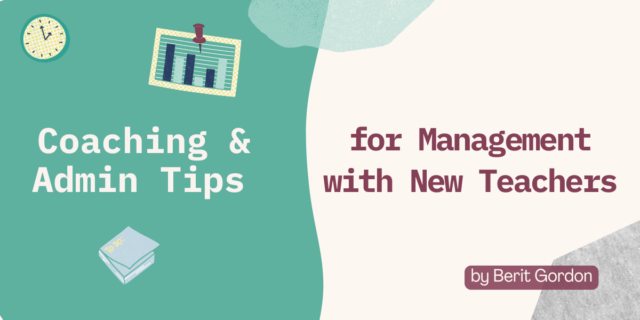
[dropcap]The[/dropcap] beliefs we hold as teachers matter. They always have and always will. Whether we realize it or not, our beliefs actually underpin the moves we make as teachers, regardless of where or whom we teach. Beliefs also serve as the catalyst for, or limitation of, professional growth and change. Most importantly, the beliefs we hold as teachers shape the beliefs children take up about themselves as learners, the learning process, and the world around them. Our profession acknowledges the value of beliefs when teachers are launching their careers. Most educators are asked to document their beliefs about teaching and learning when graduating from a teacher education program and when applying for teaching positions. Unfortunately, we often send the unintended message that it matters only if we can talk the talk. Practicing teachers are rarely encouraged to articulate, ground, or grow new practices in current beliefs. There are exceptions, of course. Reggio-inspired practices, for instance, are grounded in a solid set of beliefs, including the most important one of all: beliefs matter.
—Heidi Mills
The Teacher You Want To Be: Essays About Children, Learning, and Teaching, edited by Matt Glover and Ellin Oliver Keene, will release October 22nd.


